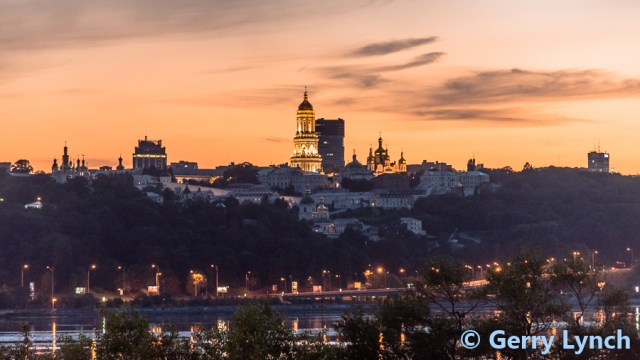It is well worth reading Viktor Orbán’s speech on the 100th anniversary of the Treaty of Trianon, which was last Thursday and I didn’t even notice until it passed. Let’s start with this passage towards the end, which needs little comment.
“The world is changing. The changes are tectonic. The United States is no longer alone on the throne of the world, Eurasia is rebuilding with full throttle, the frames of our European Union are crackling, and now it hopes to save itself with a salto mortale. The ground is trembling under the feet of our eastern neighbour. The Balkans is also full of questions to be answered.
“A new order is being born. In our world, in our lives as well, great changes are banging on our gates.”
The Treaty of Trianon was one of the Paris Peace Conference treaties with the defeated Central Powers after World War One, which included the famous Treaty of Versailles, but also the treaties of Neuilly (with Bulgaria), St Germain (with German Austria), and Sevres (with Ottoman Turkey but ripped up by Atatürk by force of arms). Hungary lots two-thirds of its territory, nearly all of which had an ethnic majority of another nationality; but it also lost about three million Hungarians.
Hungary has lost another million in the since 1980 through a collapsed birth rate and high emigration; it is not hard to see the desperate desire for a bout of natalism that young Hungarian women seem reluctant to supply.
“At times they gave soldiers to defend the nation, at other times they gave armies of nation-building craftsmen to the country.”
This is contentious language even within Hungary. But the Hungarian liberal-left cannot simply wish its way out of dealing with the great national disaster that was Trianon. Budapest’s Mayor, Gergely Karácsony, the nearest thing to a credible rival that Orbán possesses, ordered a minute’s silence last Thursday. He spoke of the fate of his mother, trapped in what was now Romania in 1920 with his elderly great-grandparents, after his grandparents fled to the newly shrunken core Hungary. The elders, despite caring for a small child, were put to forced labour. Hungary is full of such stories and such myths, not only of the time after 1920 but the time after 1945.
But the silences are as revealing as the topics for comment, for Horthy’s regency is swept under the carpet, neither glorified nor condemned but simply not discussed; unmentioned too are the five months of murderous madness under the Arrow Cross Party. For others must always be the architects of Hungary’s problems. Continue reading →


 The west side of the Market Square of Devizes in Wiltshire (population 15,500). The Bear Hotel, which occupies the two left-hand buildings, dates back at least to the 16th Century, but reached both its current form with Doric front and stucco pillars, and the height of its popularity towards the end of the 18th Century, when it provided lodging and alimentation for the then rapidly expanding coach traffic transiting the town between London and Bath or Bristol. The statue of the bear above the front door was removed from its previous perch in the Market Square and placed here around 1800.
The west side of the Market Square of Devizes in Wiltshire (population 15,500). The Bear Hotel, which occupies the two left-hand buildings, dates back at least to the 16th Century, but reached both its current form with Doric front and stucco pillars, and the height of its popularity towards the end of the 18th Century, when it provided lodging and alimentation for the then rapidly expanding coach traffic transiting the town between London and Bath or Bristol. The statue of the bear above the front door was removed from its previous perch in the Market Square and placed here around 1800.









